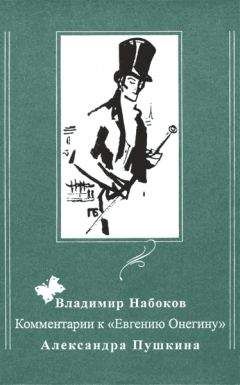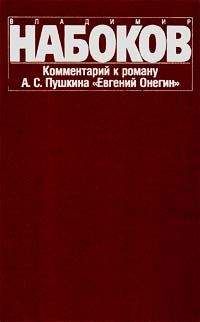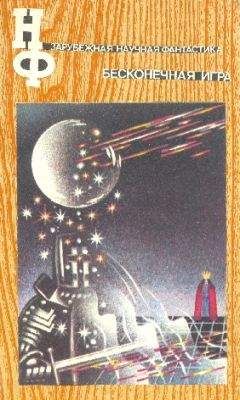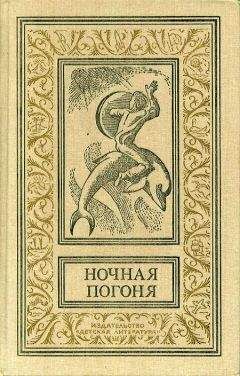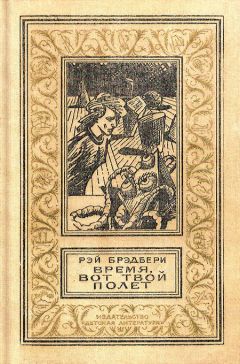10. Written in Odessa. >>
11. See the first edition of Eugene Onegin. >>
12. From the first part of Dneprovskaya Rusalka. >>
13. The most euphonious Greek names, such as, for instance, Agathon, Philetus, Theodora, Thecla, and so forth, are used with us only among the common people. >>
14. Grandison and Lovelace, the heroes of two famous novels. >>
15. “Si j'avais la folie de croire encore au bonheur, je le chercherais dans l'habitude.” Chateaubriand. >>
16. Poor Yorick! — Hamlet's exclamation over the skull of the fool (see Shakespeare and Sterne). >>
17. A misprint in the earlier edition [of the chapter] altered “homeward they fly” to “in winter they fly” (which did not make any sense whatsoever). Reviewers, not realizing this, saw an anachronism in the following stanzas. We venture to assert that, in our novel, the chronology has been worked out calendrically. >>
18. Julie Wolmar, the New Héloïse; Malek-Adhel, hero of a mediocre romance by Mme Cottin; Gustave de Linar, hero of a charming short novel by Baroness Krüdener. >>
19. The Vampyre, a short novel incorrectly attributed to Lord Byron; Melmoth, a work of genius, by Maturin; Jean Sbogar, the well-known romance by Charles Nodier. >>
20. Lasciate ogni speranza, voi ch'entrate. Our modest author has translated only the first part of the famous verse. >>
21. A periodical that used to be conducted by the late A. Izmaylov rather negligently. He once apologized in print to the public, saying that during the holidays he had “caroused.” >>
22. E. A. Baratïnski. >>
23. Reviewers wondered how one could call a simple peasant girl “maiden” when, a little further, genteel misses are called “young things.” >>
24. “This signifies,” remarks one of our critics, “that the urchins are skating.” Right. >>
25. In my rosy years
the poetical Ay
pleased me with its noisy foam,
4 with this simile of love,
or of frantic youth.
(“Epistle to L. P.”) >>
26. August Lafontaine, author of numerous family novels. >>
27. See “First Snow,” a poem by Prince Vyazemski. >>
28. See the descriptions of the Finnish winter in Baratïnski's “Eda.” >>
29. Tomcat calls Kit
to sleep in the stove nook.
The presage of a wedding; the first song foretells death. >>
30. In this manner one finds out the name of one's future fiancé. >>
31. Reviewers condemned the words hlop [clap], molv' [parle], and top [stamp] as indifferent neologisms. These words are fundamentally Russian. “Bova stepped out of the tent for some fresh air and heard in the open country the parle of man and the stamp of steed” (“The Tale of Bova the Prince”). Hlop and ship are used in plain-folk speech instead of hlópanie [clapping] and shipénie [hissing]:
“he let out a hiss of the snaky sort”
One should not interfere with the freedom of our rich and beautiful language. >>
32. One of our critics, it would seem, finds in these lines an indecency incomprehensible to us. >>
33. Divinatory books in our country come out under the imprint of Martin Zadeck — a worthy person who never wrote divinatory books, as B. M. Fyodorov observes. >>
34. A parody of Lomonosov's well-known lines:
Aurora with a crimson hand
from morning stilly waters
leads forth with the sun after her, etc. >>
35. . . . . . . . . . . .Buyanov, my neighbor,
. . . . . . . . . . . . . . . . . . . . . . . . . . . .
called yesterday on me: mustache unshaven,
4 tousled, fluff-covered, wearing a peaked cap.
(
The Dangerous Neighbor) >>
36. Our critics, faithful admirers of the fair sex, strongly blamed the indecorum of this verse. >>
37. Parisian restaurateur. >>
38. Griboedov's line. >>
39. A famous arms fabricator. >>
40. In the first edition Chapter Six ended in the following:
And you, young inspiration,
stir my imagination,
the slumber of the heart enliven,
8 into my nook more often fly,
let not a poet's soul grow cold,
callous, crust-dry,
and finally be turned to stone
12 in the World's deadening intoxication,
amidst the soulless proudlings,
amidst the brilliant fools,
XLVII
amidst the crafty, the fainthearted,
crazy, spoiled children,
villains both ludicrous and dull,
4 obtuse, caviling judges;
amidst devout coquettes;
amidst the voluntary lackeys;
amidst the daily modish scenes,
8 courtly, affectionate betrayals;
amidst hardhearted vanity's
cold verdicts;
amidst the vexing emptiness
12 of schemes, of thoughts and conversations;
in that slough where with you
I bathe, dear friends! >>
41. Lyovshin, author of numerous works on rural econ omy. >>
42. Our roads are for the eyes a garden:
trees, ditches, and a turfy bank;
much toil, much glory,
4 but, sad to say, no passage now and then.
The trees that stand like sentries
bring little profit to the travelers;
the road, you'll say, is fine,
8 but you'll recall the verse: “for passers-by!”
Driving in Russia is unhampered
on two occasions only:
when our McAdam — or McEve — winter —
12 accomplishes, crackling with wrath,
its devastating raid
and with ice's cast-iron armors roads
while powder snow betimes
16 as if with fluffy sand covers the tracks;
or when the fields are permeated
with such a torrid drought
that with eyes closed a fly
20 can ford a puddle.
(
The Station, by Prince Vyazemski) >>
43. A simile borrowed from K., so well known for the playfulness of his fancy. K. related that, being one day sent as courier by Prince Potyomkin to the Empress, he drove so fast that his épée, one end of which stuck out of his carriage, rattled against the verstposts as along a palisade. >>
44. Rout [Eng.], an evening assembly without dances; means properly crowd [tolpa]. >>
FRAGMENTS OF ONEGIN'S JOURNEY
The last [Eighth] Chapter of Eugene Onegin was published [1832] separately with the following foreword:
“The dropped stanzas gave rise more than once to reprehension and gibes (no doubt most just and witty). The author candidly confesses that he omitted from his novel a whole chapter in which Onegin's journey across Russia was described. It depended upon him to designate this omitted chapter by means of dots or a numeral; but to avoid ambiguity he decided it would be better to mark as number eight, instead of nine, the last chapter of Eugene Onegin, and to sacrifice one of its closing stanzas [Eight: XLVIIIa]:
'Tis time: the pen for peace is asking
nine cantos I have written;
my boat upon the joyful shore
4 by the ninth billow is brought out.
Praise be to you, O nine Camenae, etc.
“P[avel] A[leksandrovich] Katenin (whom a fine poetic talent does not prevent from being also a subtle critic) observed to us that this exclusion, though perhaps advantageous to readers, is, however, detrimental to the plan of the entire work since, through this, the transition from Tatiana the provincial miss to Tatiana the grande dame becomes too unexpected and unexplained: an observation revealing the experienced artist. The author himself felt the justice of this but decided to leave out the chapter for reasons important to him but not to the public. Some fragments [XVI–XIX, l–10] have been published [Jan. 1, 1830, Lit. Gaz.] ; we insert them here, subjoining to them several other stanzas.”
E. [sic] Onegin drives from Moscow to Nizhni Novgorod:
. . . . . . . . . . . . . . . . . . .
. . . . . . . . . . . . before him
Makariev bustlingly bestirs itself,
4 with its abundance seethes.
Here the Hindu brought pearls,
the European, spurious wines,
the breeder from the steppes
8 drove a herd of cast steeds,
the gamester brought his decks,
fistful of complaisant dice,
the landowner ripe daughters,
12 and daughterlings, the fashions of last year;
each bustles, lies enough for two,
and everywhere there's a mercantile spirit.
Onegin fares to Astrahan [XI], and from there to the[Caucasus:
He sees the wayward Térek
eroding its steep banks;
before him soars a stately eagle,
4 a deer stands, with bent horns;
the camel lies in the cliff's shade;
in meadows courses the Circassian's steed,
and round nomadic tents
8 the sheep of Kalmuks graze.
Afar [loom] the Caucasian masses.
The way to them is clear. War penetrated
beyond their natural divide,
12 across their perilous barriers.
The banks of the Arágva and Kurá
saw Russian tents.
